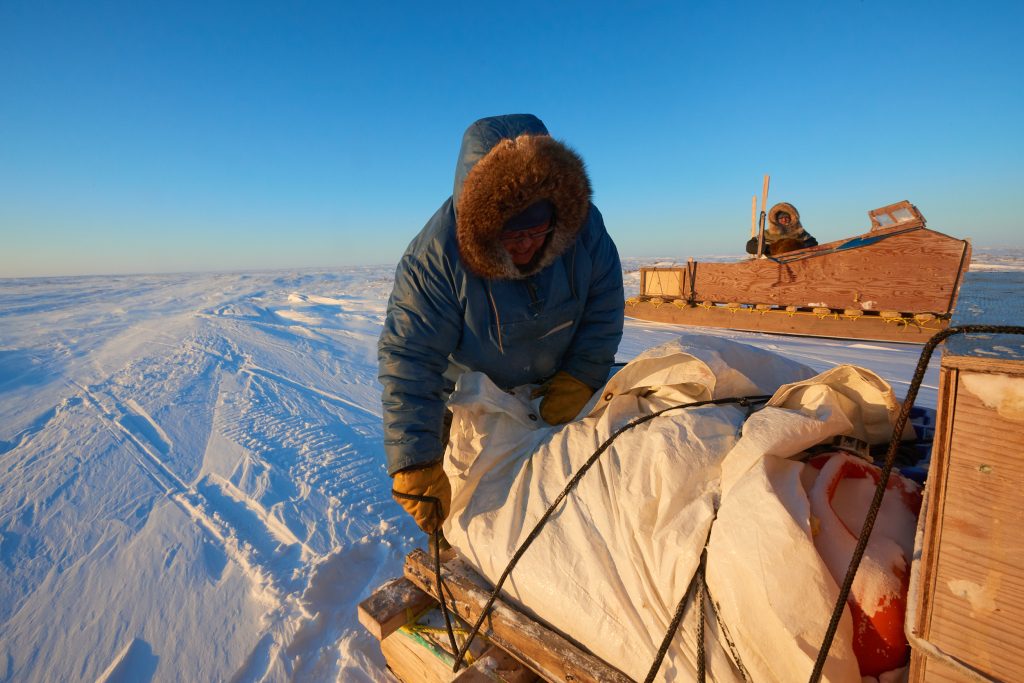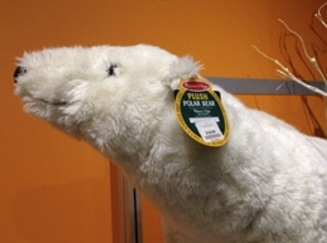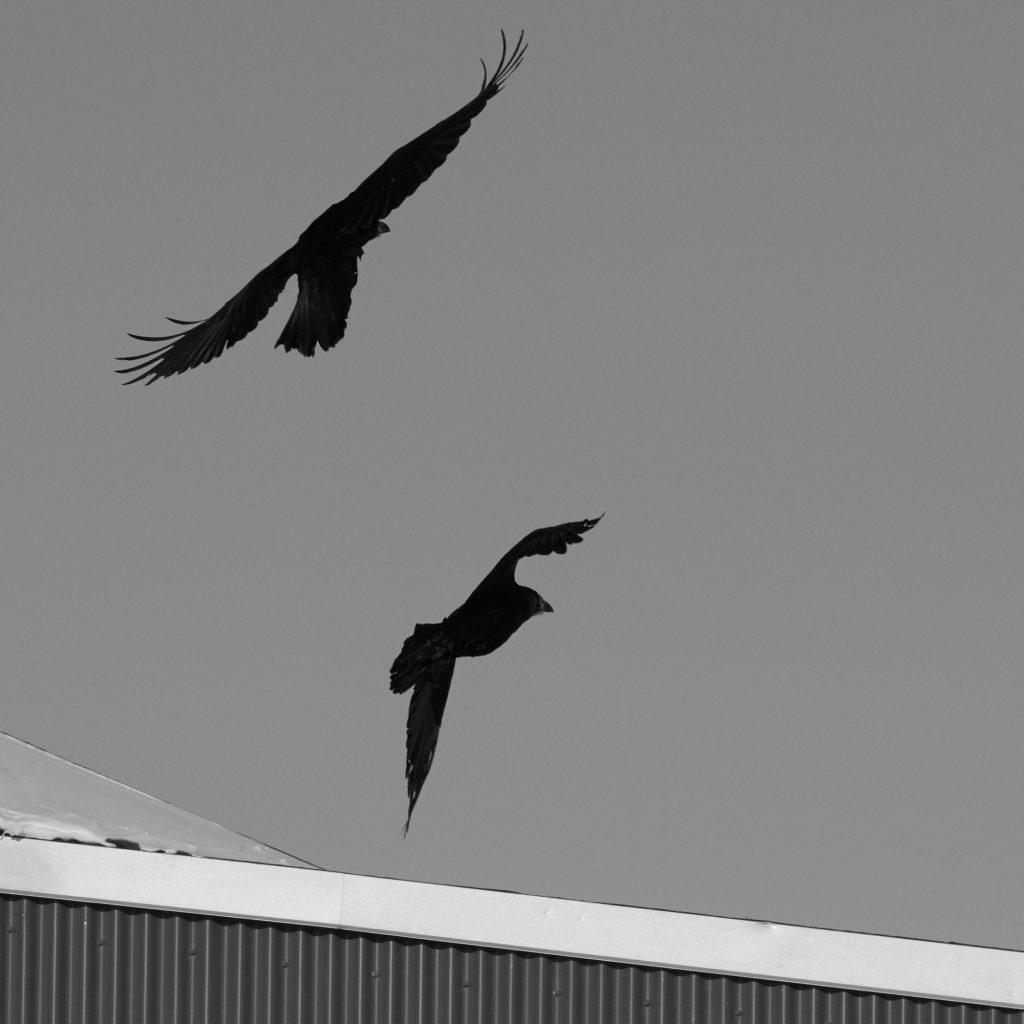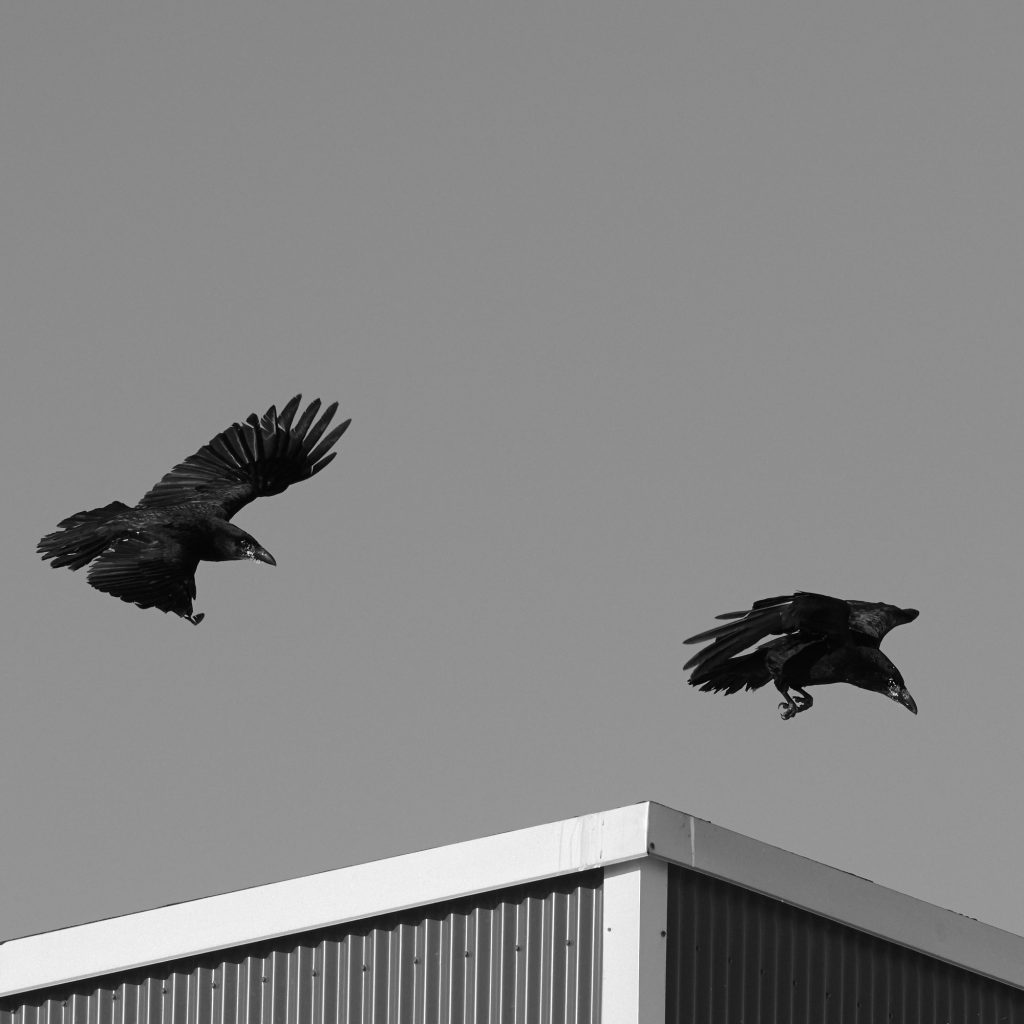
On April 1st, 2024 the people of Nunavut regain control over their land and resources in an agreement with Canada.
“And in the very softness of the voice next to me, gently telling me that the Inuit do not ask to see the Polar Bear, I realize something of the deep, deep wisdom of the Inuit people is being passed on to me, a wisdom they have gleaned over thousands of years living with the animals and birds, side by side, in this endless unforgiving landscape.”
Land Trip
We were sitting in a circle talking about the day trip out onto the land. Of course, all of the young adults in the circle had been out tracking caribou, hunting tundra mammals, fishing for char, trout, pike, whitefish, shellfish since they were small children. Their grandfathers and fathers took them out. The young woman next to me had shot caribou, quartered them, and brought them home to feed the family.
They were helping me out. I was a visitor from the south, working for a couple of months in Nunavut. I had never been on the land which is so natural to them. They told me, if we were in luck, we would see caribou, maybe fox, maybe arctic hare.

I asked about polar bears. The chatter stopped. A quiet came over the room. The young woman beside me, who has marks on her arm from self-harm, leaned toward me, in a soft whisper, said to me, as if speaking inside my head: “the Inuit don’t ask to see the Polar Bear.” Came a long pause, as if I should know the reason: “because then we will. And the bear will surprise you.” She hesitates. “It will come when you don’t expect it.”
To ask to see the polar bear is to ask to die, she was telling me.
She went on to inform this naive man sitting beside her, who thinks he might want to see a polar bear: “They are very powerful, you know, very big and powerful.”
As I later learned from the hunters, a standing male polar bear could be up to 12’ tall. That’s 4’ higher than the ceiling of a typical room. And they are very fast, the hunters say. And unlike any other bear, the polar bear never feints an attack, never holds back. If a polar bear starts to charge, it will not stop, will show no hesitation until it has mauled its victim to a bloody death.
No, the Inuit people tell me, you don’t even whisper its name. The polar bear knows your soul, is in your dreams, is the great force of reckoning.
Do not call out its name as if you are its equal. Do not think you can walk about with the gods of the Tundra; do not think you, yourself, can stand among them. You do not play with gods, you do not toy with gods; especially, you do not humiliate the gods, tease the gods, make a laughingstock of them; this is their domain.
The Great Polar Bear, The Great Walrus, The Caribou, The Raven, The Arctic Char, The Wolf, The Wolverine – they live in the wild blizzards, in howling arctic winds that blow up to 100km/hr, live in the bitter cold that reaches 60 degrees below zero. It is their home, their natural order.
The bear roams its vast tundra, is its life force. The Inuit, despite having survived in the arctic landscape for thousands of years, will say on any day, yes, it’s a cold day. They have not conquered the cold, are not indifferent to it, for this place is a greater force than they; they live in its will, in its shadow, in its awe. They do not assume ownership of the land, of the earth, as if it is theirs, as if they could be its life force.
The white people from elsewhere, my lot, came and ravaged the whale population in less than one generation. We come now in comfortable, massive polar vehicles to observe the polar bear from inside a protective cab, trivialize the bear with our cellphones, use the bear to sell our sugary cola, make it a plush toy to give to our children.

We have no idea. We ravage the 5-billion-year-old earth – poison its streams, strip its forests, contaminate its air – cravenly assuming it is ours to do with as we please. We taunt, ridicule, and flaunt ourselves before the force of nature, and we think we can get away with it. Fools. Fools. Fools. You do not even mention its name.
The children here, the children of this land, the Inuit children, the Elders, the Elders of this land, do not call its name, do not ask to see the polar bear.
Quietly, they tell me this. Perhaps if I listen – they hope – this naive white man might hear, if he is wise enough, might heed what the Inuit have known, know now. If only I might hear and see, be wise, know my place, know the ground I walk on is the ground of the Great Bear, the Great Walrus, the Great Whale, that I am one among them, that their animal spirit is my spirit.
If only I can understand how I might learn their wisdom – they the wise ones – for me to know my place as they know theirs; to respect the majesty of the natural world, to fathom its magic, be in awe, lie prostate on the ground, feel the ground, my mother, against my body.
To know enough, to listen long to the silence of the tundra, to be so silent that I might begin to hear, barely, but yes, hear, in the faintest of ways, yes, to hear within the silence of the Tundra, the faint heartbeat of the polar bear, hear it as if my ear is to its chest, hear its life beating deep in its chest, press my ear against that force of its beating chest, for which, in that moment, the beat of the Bear’s heart is now in me, to see its heart is my heart.
I weep tears. I cry, for I discover my own self in that silence. I am shown my animal spirit that animates me, the one I was born into, will die from, the animal spirit that tells me who I am. I find it there in the pounding of the great bear’s chest, feel it in the pulse of its life force passing through me, speaking to me, telling me who I am.
Here I am in the vastness of the tundra, ear pressed to the Great Bear’s chest, listening to the heartbeat of the great beast. And the gentle whispering of the Inuit, as if spoken inside my head, tells me ‘when the great Bear comes, you will die.’ Being held in the embrace of the Bear is my death. I realize how I know nothing.
I do not even know about the world I live in, the world about me. I do not know its life, the life it is for me.
I do not know the Raven. I see the Raven play on the wind. And I wish to join the Raven, to dance in my spirit, to dance with it, let its dance be me as it plays on the wind, as it comes and goes at will, but I don’t know how.
I know nothing of this. So I follow the Raven, to be in its spirit, let its spirit be in me, that I might see, that I might live the dance of this life, to know what they know, know how they live with the earth, in harmony with it, with life.



If I might but draw near to the Great Spirits, to experience joyfulness of life and be joyful in life, to be in love with life: to be in that place, grateful to the great Whale, the massive Walrus, the magnificent Polar Bear, the endless Caribou herds that shake the earth as they pass by, the Seal and Raven, grateful for what they tell me of things, tell me how I might live, as they do, tell me how to live in the world, for I know nothing.
If we could but see the soul of the world residing in all things, see that the tree is alive with soul, as alive as ourselves. And the Raven says yes. You are to dance with me and live, live with me. Live, says the Raven, as I live. Live.
We peer out onto the animal kingdom at the mammals, fish and fowl. We fail to see that we are just one more animal.
Can we see their animal spirits looking back on us, observing us, calling out to us? If we could see ourselves in their spirit, then might we know what they know. For, it would seem, only then will we stop our rampage of the earth, turn instead to embrace and love this place as they do, dance in this place as they do.
And in the very softness of the voice next to me, gently telling me that the Inuit do not ask to see the Polar Bear, I realize something of the deep, deep wisdom of the Inuit people is being passed on to me, a wisdom they have gleaned over thousands of years living with the animals and birds, side by side, in this endless unforgiving landscape.
In silence, my head bowed, listening from across the Tundra for the faint beat of the beast’s heart in my breast – from out of the silence, on the breath of the wind, I hear a call……. live; dance with me, dance your animal spirit.
The possibility of utopia may well require the demise of all utopianisms. For it is arguable that we will be condemned to more of the same despair, desperation, violence and misery until such time as we abandon the ideology of man as heroic master and possessor of the universe. Then ‘something other’ may emerge.
Richard Kearney. The Wake of Imagination: Toward a postmodern culture.